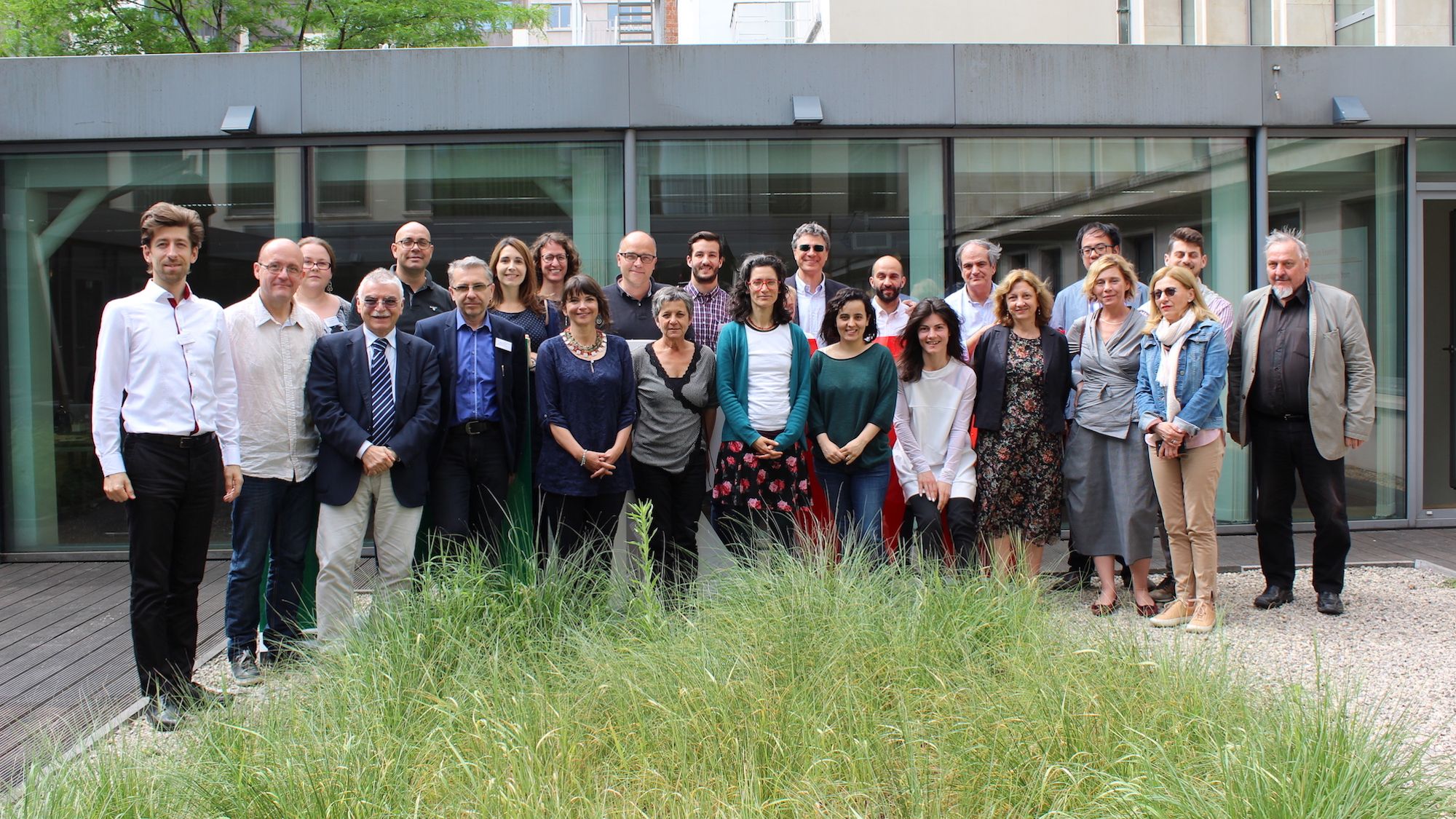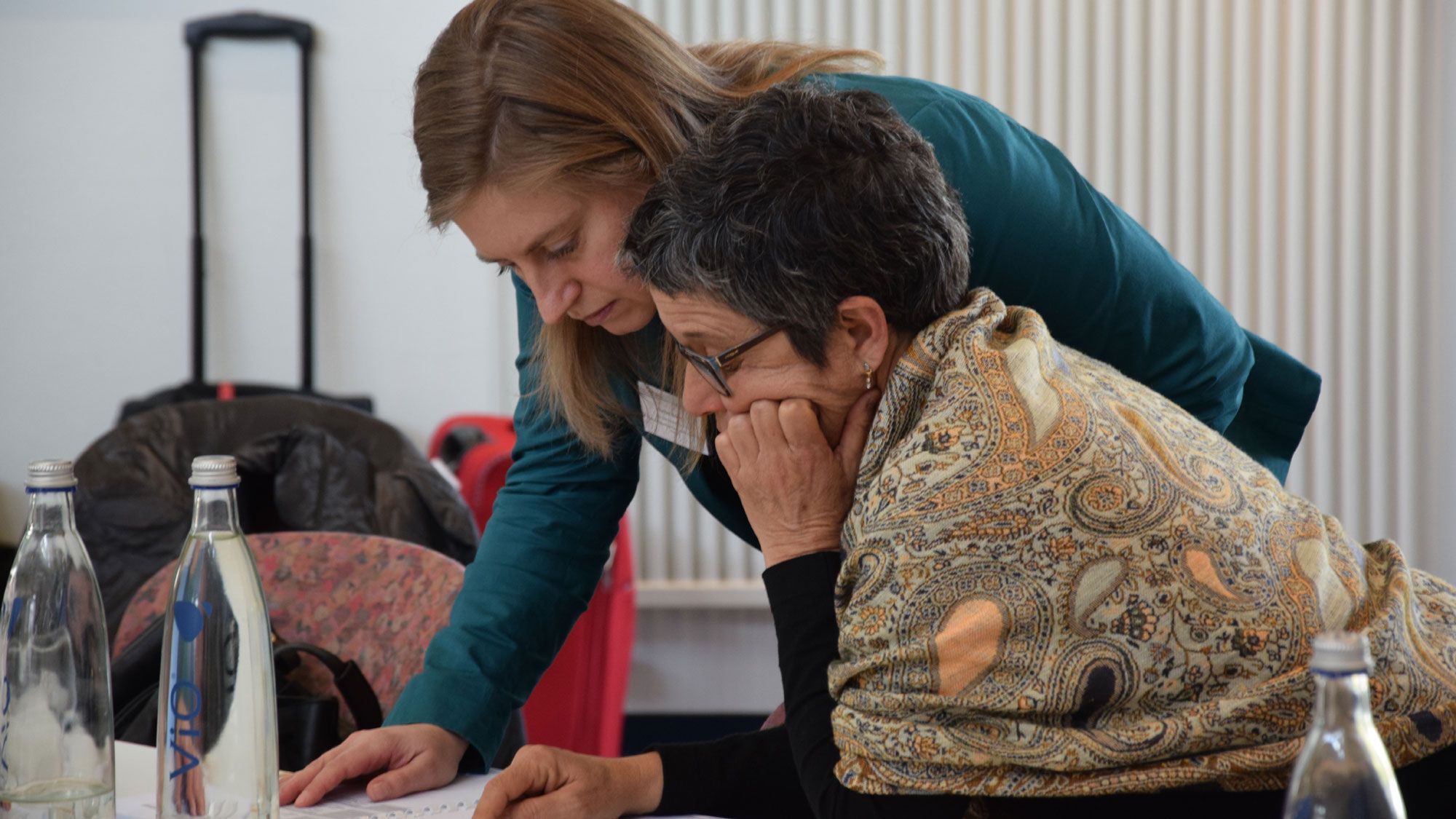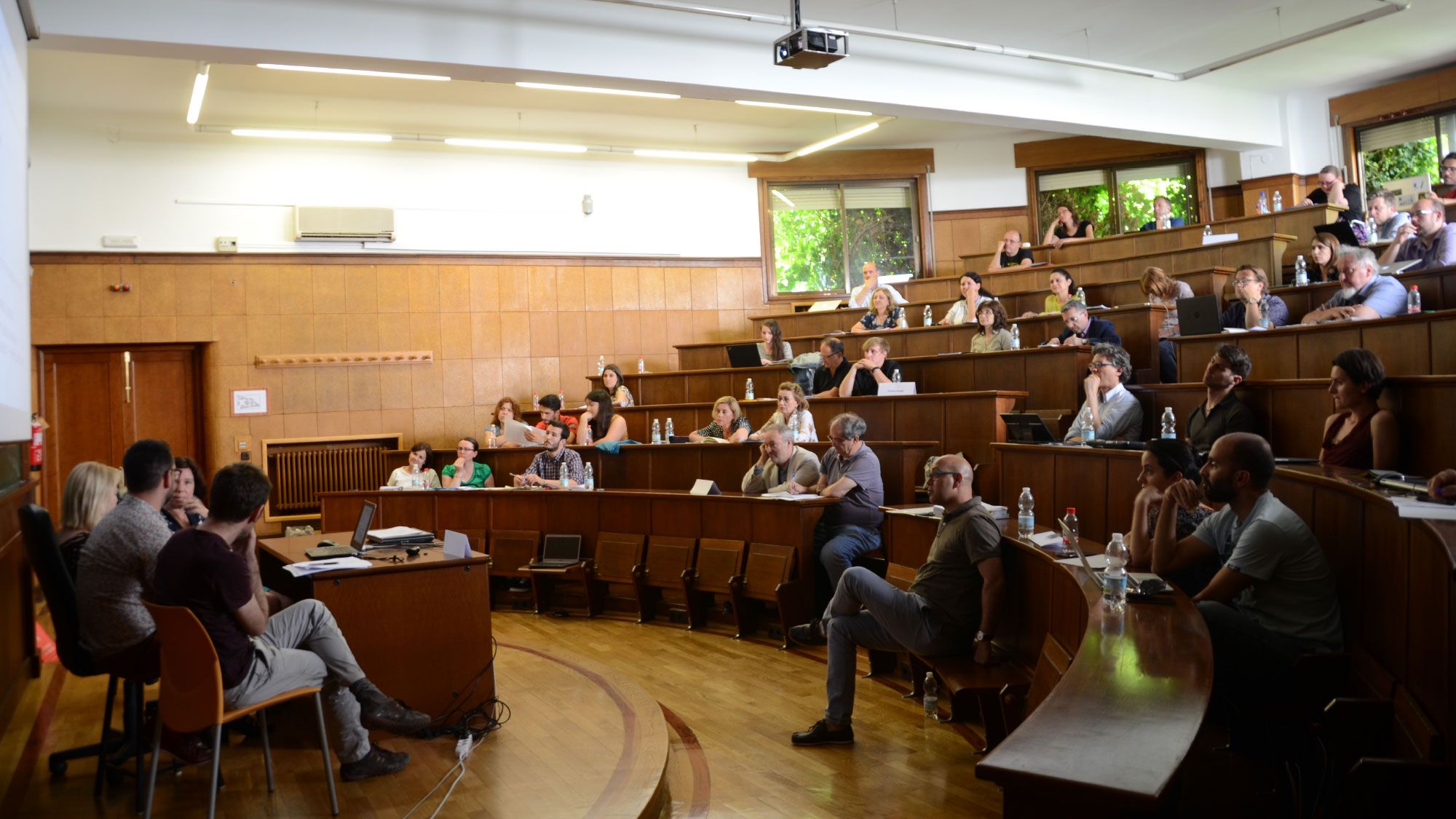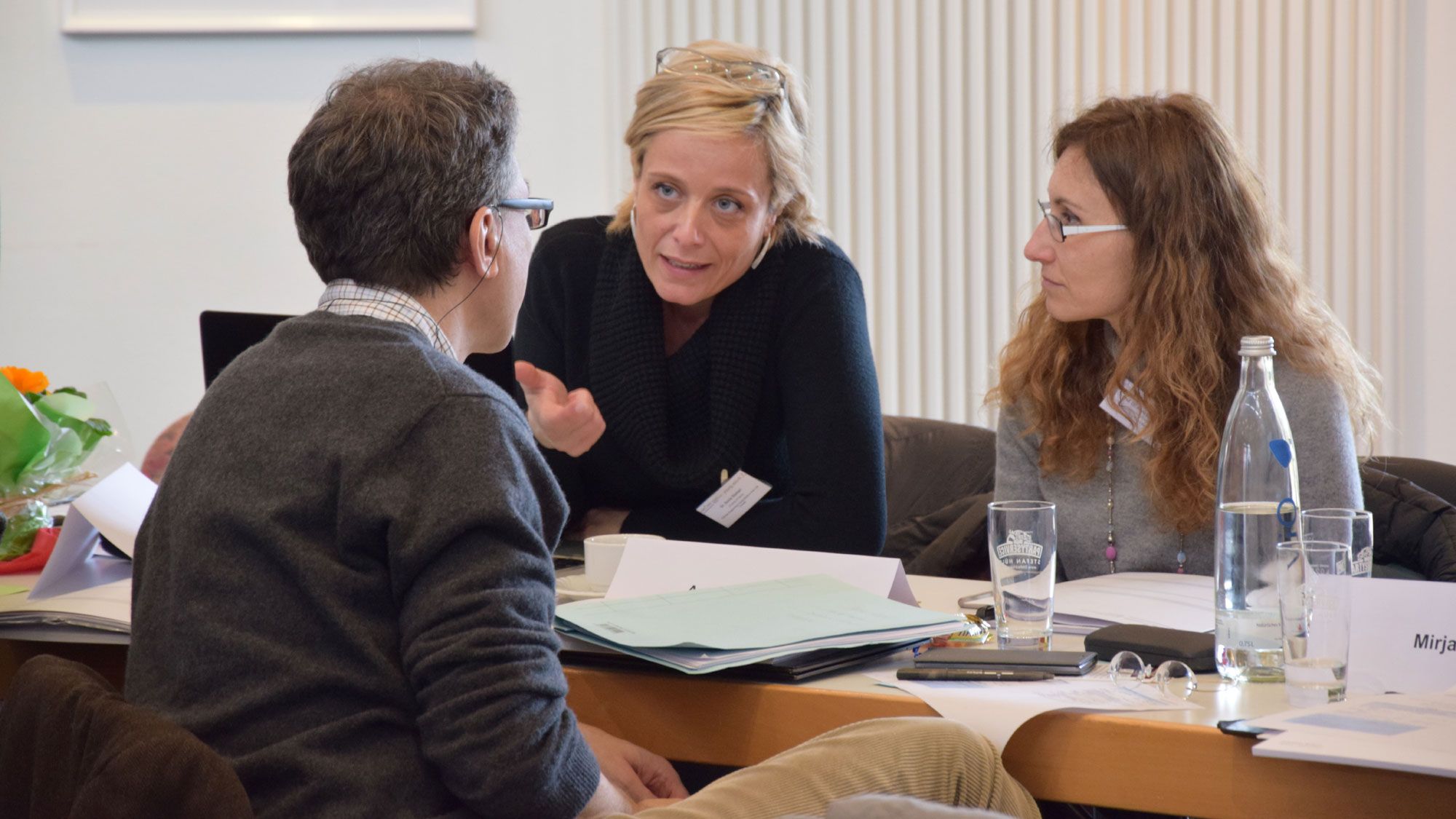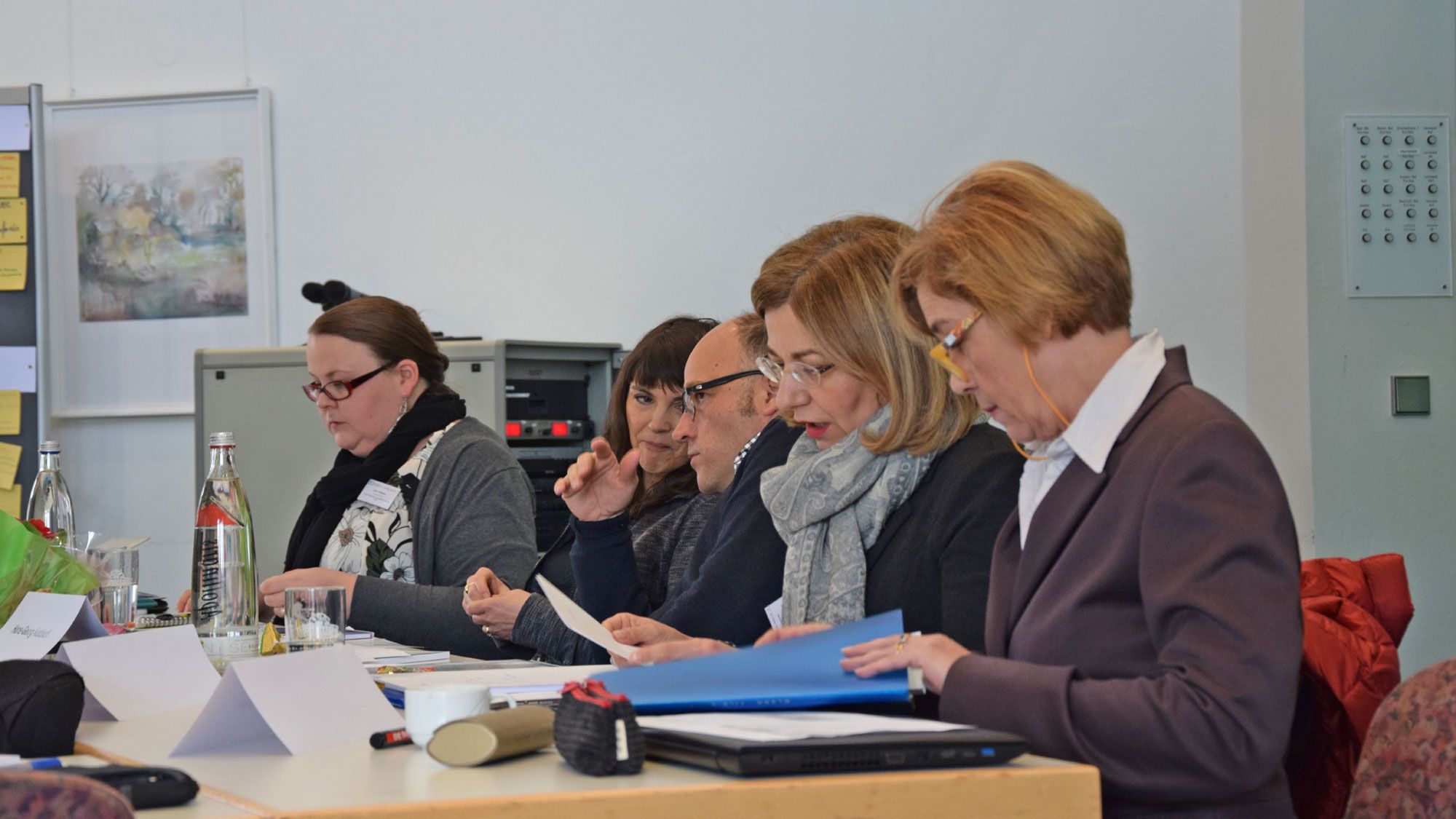Lifelong learning (LLL)
The notion of learning throughout life is hardly new, its career started in the 1970ies under the label lifelong education (with UNESCO stressing it as a central idea). The shift from lifelong education to lifelong learning (LLL) as a multidimensional but also an ambivalent concept happened in the 1990ies. LLL, as its precursor lifelong education, transcends schooling (Field and Leicester) and implies a continuous process of learning in formal, informal and non- formal settings. LLL encompasses also a form of pedagogy dealing with e-learning, webinars, continuing education, home-schooling, etc. Lifelong learning has generally two comprehensive dimensions: individual development and autonomy on the one hand and strengthen or even maintain employability on the other (Jarvis, 2008). Current European Lifelong Learning (LLL) policies emphasise mostly the importance of investing in skills for better socio-economic outcomes and providing all European citizens with learning opportunities at all ages (human capital approach; Becker 1975; OECD 1996, with the EU emphasising the importance of LLL for social cohesion (EC, 2001,2006)).
One serious critique at the LLL-concept from the perspective of social inequality is to – symbolically – shift the responsibility for employment to the subject. Unemployment in this view means that the subject did not adequately take care about his/her skill portfolio (blaming the victim). Employees are thus put in a situation in which they take up on them continuing education classes at their own expense and at time which force them to re-prioritise their life (Jarvis). The major challenge for governments, policy-makers and educators is to conceptualise lifelong learning policies without excluding anybody and to realise the aim of “lifelong learning for all”.
From the proposal
The YA project aims to identify parameters for future decision-making support systems by understanding – using a mixed methods approach –LLL policies for young adults in their interplay between economy, society, labour market and education and training systems at regional and local levels, including discussing issues of fragmentation and discrepancies, but also identifying best practices.
Lifelong learning policies for young adults in Europe
Lifelong learning policies have a long history in the EU context (EC, 2000, 2001) but only more recently has it focused on aspects beyond vocational (and recurrent) training for employment of adults to include economic, political and social aspects also for the younger generations, which also meant to include aspects from general and higher education but also support for vulnerable groups (Rasmussen, 2014; Riddell et al., 2012). While this broadening of the scope of LLL policies hints at how policy-making is tackling urgent issues, it has also increased the complexity and raised the stakes for policies to be effective in creating both human and social capital. The challenges and dilemmas confronting policy-makers and citizens alike derive in substantial part from the complex overlapping of needs, interests and contexts of adult learning policies.
Policies attempting at recognition of informal and non-formal learning to facilitate (re-)entry into formal further educational activities (EC 2001; European University Association, 2008; OECD, 2010; European Council, 2012). In comparison to formal learning, informal learning and non-formal learning are not designed in an organised and structured environment. Informal learning results from people´s daily activities and experience. It is not intentional and because of its unstructured nature it is “often very hard, if not impossible, to ensure that candidates for recognition fully realise the nature and scope of their own informal learning” (OECD, 2010, p. 22).
References
Becker, G.S. (1975). Human Capital: A Theoretical and Empirical Analysis, with Special Reference to Education, London. New York: Columbia Univ. Pr.
EC (European Commission) (2000). Memorandum on Lifelong Learning. Commission Staff Working Paper, Brussels, 30.10.2000. SEC (2000) 1832. Available online: http://tvu.acs.si/dokumenti/LLLmemorandum_Oct2000.pdf [Accessed May 07, 2015].
EC (2001). Communication from the Commission of 21 November 2001 on making a European area of lifelong learning a reality. [COM (2001) 678 final. Available online: http://europa.eu/legislation_summaries/education_training_youth/lifelong_learning/c1 1054_en.htm [Accessed May 07, 2015].
European Commission (2006). The Key Competences for Lifelong Learning – A European Framework.
European Council (2012). Recommendation on the validation of non-formal and informal learning, Official Journal of European Union, 398, 22 December.
European University Association (2008). European Universities’ Charter on Lifelong Learning. Brussels.
Field, J. & Leicester, M. (2000). Lifelong Learning or permanent schooling, in Field, J. and Leicester, M. (Eds.) Lifelong Learning: Education across lifespan. London: Routledge Falmer.
Jarvis, P. (2008). Democracy, Lifelong Learning and the Learning Society: Active citizenship in a late modern era. London.
Jarvis, P. (2009). Lifelong Learning a Social Ambiguity, in: The Routledge International Handbook of Lifelong Learning London and New York, pp. 9-30.
OECD (1996). Lifelong Learning for All. OECD, Paris.
OECD (1999). Resources for Lifelong Learning: What Might be Needed and How Might it be Found? Education Policy Analysis, Chapter 1. OECD, Paris.
OECD (2010). Recognising Non-Formal and Informal Learning: Outcomes, Policies and Practices. Paris: OECD. Available online: http://www.eucen.eu/sites/default/files/OECD_RNFIFL2010_Werquin.pdf [Accessed May 07, 2015].
Rasmussen, P. (2014). Adult Learning Policy in the European Commission, in: Milana, M. & Holford, J. (Eds.), Adult Education Policy and the European Union. Theoretical and Methodological Perspectives. Rotterdam et al.: Sense.
Riddell, S., Markowitsch, J. & Weedon, E. (Eds.) (2012). Lifelong Learning in Europe. Equity and efficiency in the balance. Bristol: Policy Press.
(Uwe Bittlingmayer, Natália Alves, Paula Guimarães & Heikki Kinnari)



